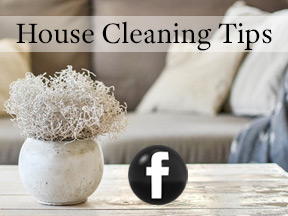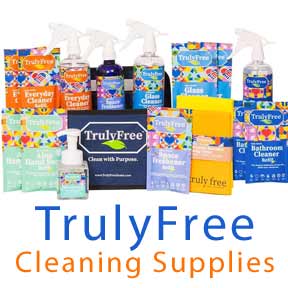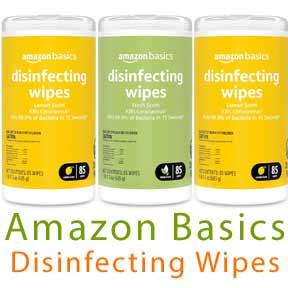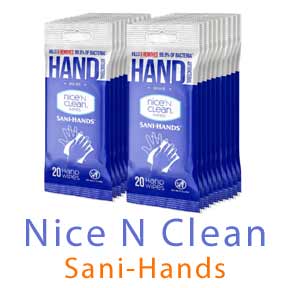Remove Oil Stains
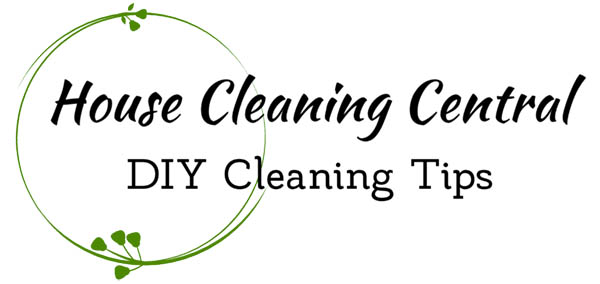
Tips On Removing Oil Stains
How To Remove Oil Stains From The Driveway
Nothing is more aggravating than stepping out of your automobile after parking in the garage, walking into the house through the connecting door, only to find that you’ve stepped in a puddle of oil and tracked it right into the house with you.
Hopefully, you didn’t make it on to the carpet before discovering that nasty, greasy mess!
Grease and oil stains on garage floors and driveways are a real nuisance, besides being destructive to the surface and an eyesore. If you’ve got a concrete drive or concrete floor in your garage, it’s pretty hard to remove oil stains because of the porous nature of the concrete. This type of stain is also extremely hard on asphalt pavement. Your garage floor is probably not made of pavement but your drive may be. Carports are typically built over a paved driveway.
Dripping oil, grease or gasoline can be very bad on asphalt paving; they actually eat into and dissolve the asphalt. Besides being unsightly, the smelly, greasy stains are virtually impossible to remove after being weathered in.
Be Aggressive In Preventing Oil Stains
The best way to keep your driveway and garage floor free from oil stains is to prevent them in the first place. It used to be common to see driveways with old clunkers on blocks – constantly being worked on by teenager boys, budding mechanics. It was also common to find puddles of oil dripping from the said vehicle and, like as not, greasy rags in close proximity. Today, planned communities absolutely forbid that type of activity in neighborhoods where it can be seen from the street. In fact, you’ll often find language in the “R&R’s” (Rules and Restrictions) or Covenants specifically stating that the Community will not allow vehicles to be worked on in driveways or parking lanes along the streets.
If you must do a little maintenance on your vehicle, like add antifreeze or coolant to the radiator, add or change the oil, do a little grease job, be sure to protect the surface under where you are working. Spread a vinyl tarp that is larger than your car or pick-up, and drive onto it.
If you’re changing the oil, be sure your drip pan is large enough to catch every drop and be very careful not to spill when you move it.
There’s An Oil Stain On The Driveway!
Spills and drips happen. Even though you’ve taken every precaution, you may pull into your driveway one afternoon only to find a big spot of greasy oil where your car had been parked previously. You didn’t see it when you left because you jumped into your car and drove off.
Now, there it is. Is there any way you can get rid of it?
Kitty Litter For Oil Stain Removal
You’ve heard this one before. Kitty litter is a wonderful help in absorbing grease and oil. Just be sure you pour it right out of the new bag – not out of the litter box. Allow the litter to stay on the oil stain to absorb as much of the liquid as possible. You might grab the push broom that you use to sweep the garage floor and driveway and kind of stir the litter back and forth with the brush part. Kitty Litter contains an absorbent clay (and deodorizer) that actually draws (absorbs) moisture and causes it to clump up.
The theory is that the cat goes potty in the litter; the urine clumps up and the owner can remove the clumps without having to throw away the whole box of litter. The same principle works for absorbing the excess oil from the spill on your floor or driveway. In this case, you want to sweep up all of the litter and dispose of it. Then you’ll have to get rid of the stain.
Blotting Up Grease And Oil Stains
When you find a greasy or oily puddle on your pavement or concrete, you’ll need to blot up as much as possible to keep it from soaking into the surface and becoming permanently bonded and stained. Use newspaper, paper towels, old terrycloth towels or cleaning rags to wipe up as much of the puddle as possible. You may have to get on your hands and knees to scrub and blot up the excess oil. Be careful about disposing of the papers or rags after they are soaked with the oil. If they are left behind and forgotten, they have the serious potential of causing a fire – spontaneous combustion – and you’ll have more than a few stains on your pavement to worry about.
Gather the rags and cleaning papers up and take them to a recycle place as soon as possible. If you must leave them overnight, leave them outside – at a safe distance from your house.
Scrub Oil Stains From Driveways And Concrete
After you’ve blotted up and removed as much of the surface oil as possible, you’ll need to give the stain a good scrubbing. We usually recommend a good grease-cutting liquid detergent.
Method 1
- Grab a grease-cutting detergent and a scrub brush.
- Apply the detergent to the stain and then scrub with the scrub brush.
- Add hot water and scrub it some more.
- If you are outdoors, blot it up and then flush with boiling hot water.
Method 2
- Some experts swear by using a powdered laundry detergent.
- They sprinkle the laundry detergent directly on the stain,
- Apply enough water to make a paste, scrub it , and leave it overnight.
- Add more water, scrub and then wash off.
Most likely, you will still be able to see stain on the surface. Repeat the process using the detergent and scrubbing as hard as possible with the scrub brush. Blot it up, flush with hot water.
Hot Tip For Removing Oil Stains From Concrete
After blotting up as much of the excess oil or grease as possible (or applying Kitty Litter), give it a scrubbing with soap and water, rinse and dry it off by wiping with an absorbent towel or paper towels. Then – here’s the secret! Spray or daub it with oven cleaner! Scrub the area with a wire brush, and then hose it off. This might be a very good idea except that you must be very careful using this type of product. They can be toxic and cause burns to skin unless you wear rubber gloves. I would also scrub the stain with soapy water after using the oven cleaner.
Again, an ounce of prevention is worth a pound of cure. It’s a good idea to keep your garage floor covered with a vinyl tarp, an old piece of carpeting, or lay a piece of plywood or cardboard where you park your car. Plan ahead and avoid unsightly, messy and expensive oil stain spills.

